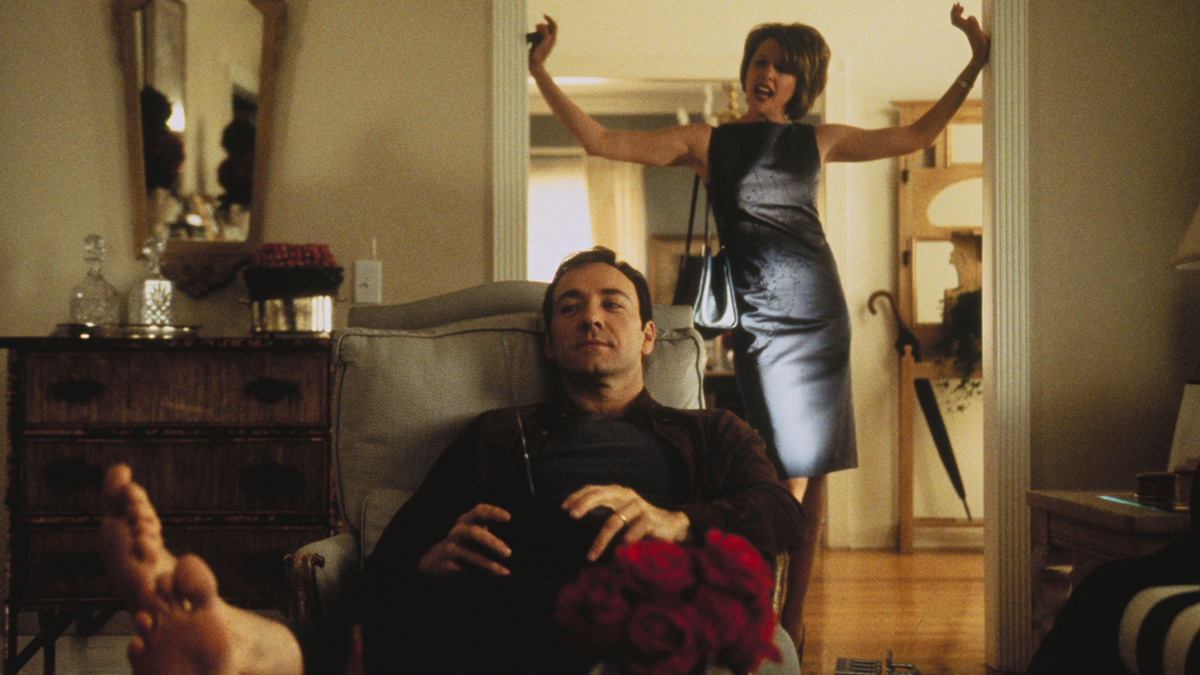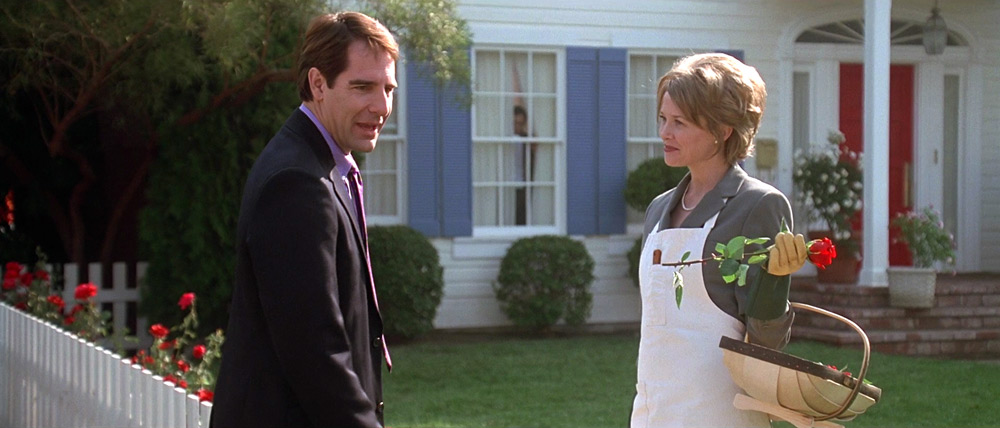
(c) Photofest / Getty Images
``American Beauty'' An absurd home drama that erases the definition of ``normal.''
2019.11.12
“Inner fear” that being crazy is “normal”
In this way, ``American Beauty'' heavily incorporates theatrical techniques, and it is said that advice from director Spielberg was also important. Director Mendez, who was advised to ``always be conscious of how it will look on a big screen in a theater,'' did not adopt the methodology of technically ``enhancing'' the screen itself, but rather used three different patterns of images as mentioned above. I used a plan to incorporate it into the configuration.
Thematically influenced works include Robert Redford's Ordinary People (1980). In the closet scene at the end of the film, they deliberately used the same scene as in ``Ordinary People''.
"Ordinary People" preview
However, it is clear that this work is an original work. A big part of this is the character setting, which I mentioned at the beginning, is ``normally crazy.'' Lester, who is shunned by his daughter and oppressed by his wife, suffers from a ``midlife crisis,'' but when he falls in love with Angela, he wakes up feeling like ``I've been asleep for 20 years, and I've finally woken up.'' In the scene where he talks to Angela, his eyes are completely fixed on her, and even when his daughter Jane turns him down, he doesn't stop but escalates.
Jane pretends to be an impressionable teenager who is saving money for breast implants, and begins to feel pleasure when her neighbor Ricky secretly films her. The process in which she, who cannot communicate well with her family and hides in the shadow of her best friend Angela, gains ``joy'' from being interested in someone for the first time is understandable, but it is quite extreme.
Lester's wife Caroline is a busy career woman. At the same time, he is quite an overbearing and hysterical person. From the beginning, there is a scene in which he ``doesn't let Lester drive,'' and he is shown to be in a leadership position, ``holding the wheel of the family.'' He plays his favorite music during meals and tries to get his family to follow suit. This area is also depicted in a simple way, but if you think about what it would be like to have someone like this in your daily life...it's quite horrifying.

"American Beauty" (c)Photofest / Getty Images
The neighbor's family is drawn in contrast to them. Ricky, whose hobby is voyeurism, does not hide himself even though he is a ``voyeur''. He proudly takes pictures of Jane, and even when she looks creepy, he replies, ``I'm interested in you.'' Even though Angela calls him a ``psycho,'' he doesn't change his style, and Jane is attracted to him, saying, ``He knows me.'' However, in the eyes of the audience, it will seem strange that he has crossed a certain border.
Ricky's father, Fitz, is a feudal military man. He is a racist who hates gay people, and forces his son to obey him with violence. His wife Barbara (Allison Janney) is not explained in detail in the movie, but it is clear that she is suffering from mental illness, such as not being able to respond when spoken to, and her eyes constantly wandering.
The story progresses centering around these six people. There are two interesting points here: one is that they don't hide it, and the other is that it's integrated into everyday life. As mentioned above, they are more or less out of the ordinary, and no matter how you look at them, they are outside the audience's ``common sense'' or ``normal'' filter. This means that it goes beyond the scope of "empathy." But whether it's Lester or Ricky, there's no shame in being who you are. Although they are aware that it is not normal, they do not try to fix it or repair it.
Another characteristic is that they live their "everyday" lives. As an exposition of eccentric characters, it could be presented as a ``strange tale,'' but ``American Beauty'' does not do that. The story is constructed with an awareness that they are ``common people'' themselves rather than blending in with ordinary people, and coupled with the title ``American Beauty Beauty'', it is more than satirical. amplify fear. There is an inner fear that America has come this far.

